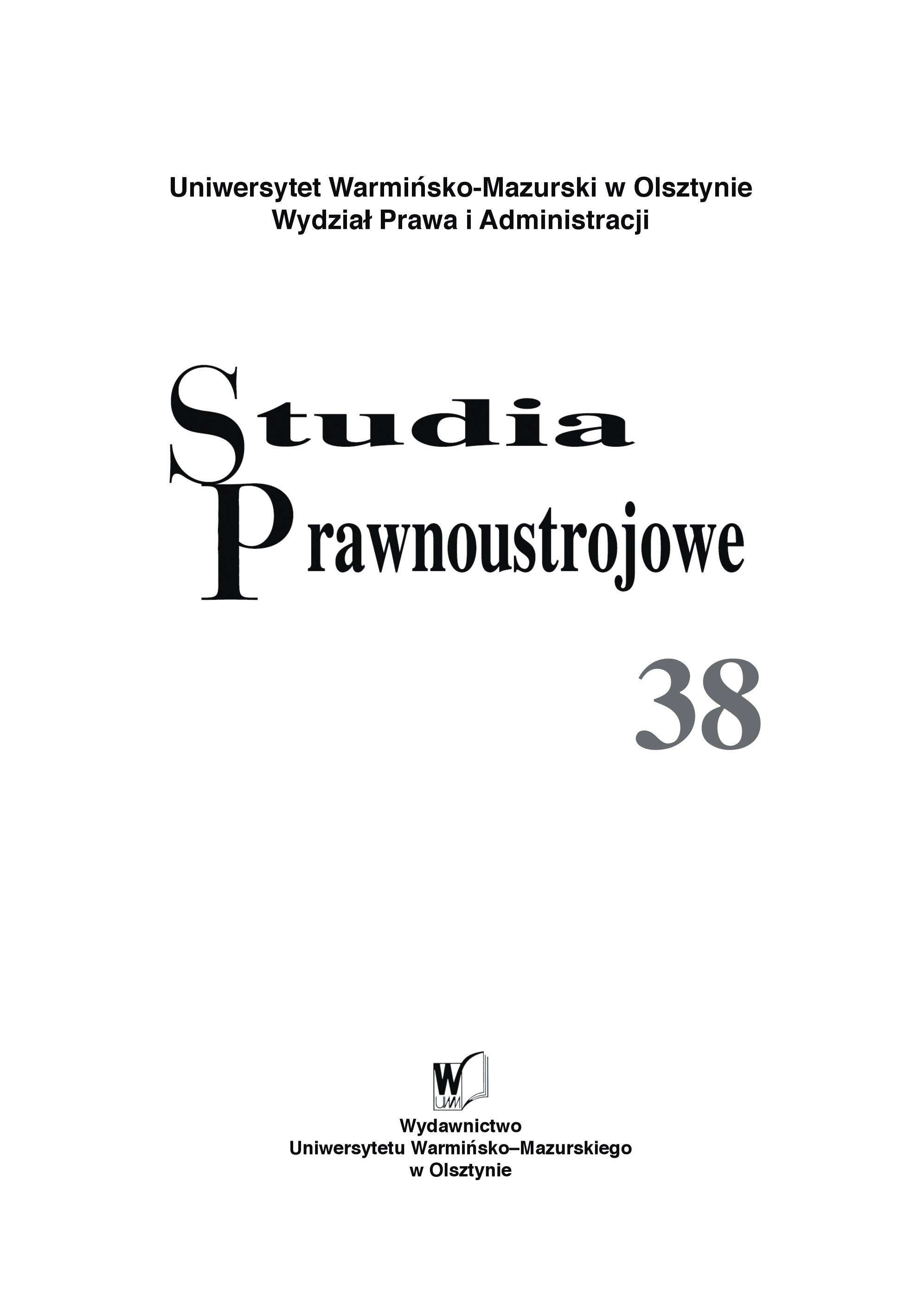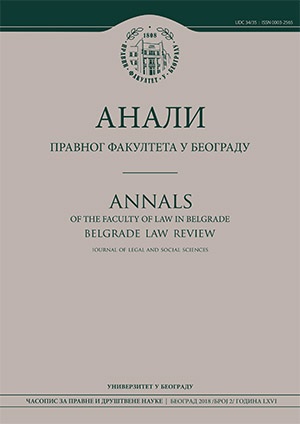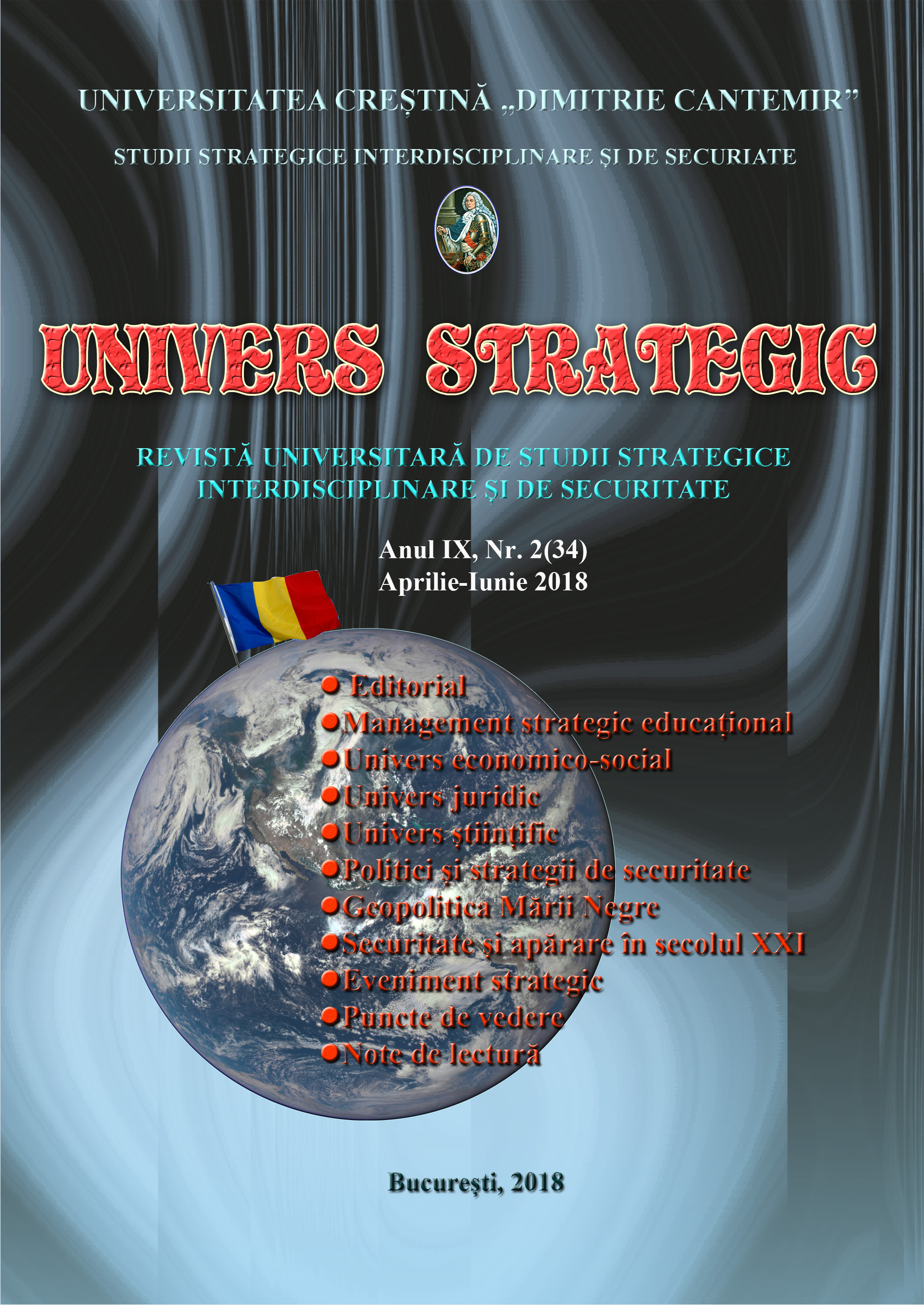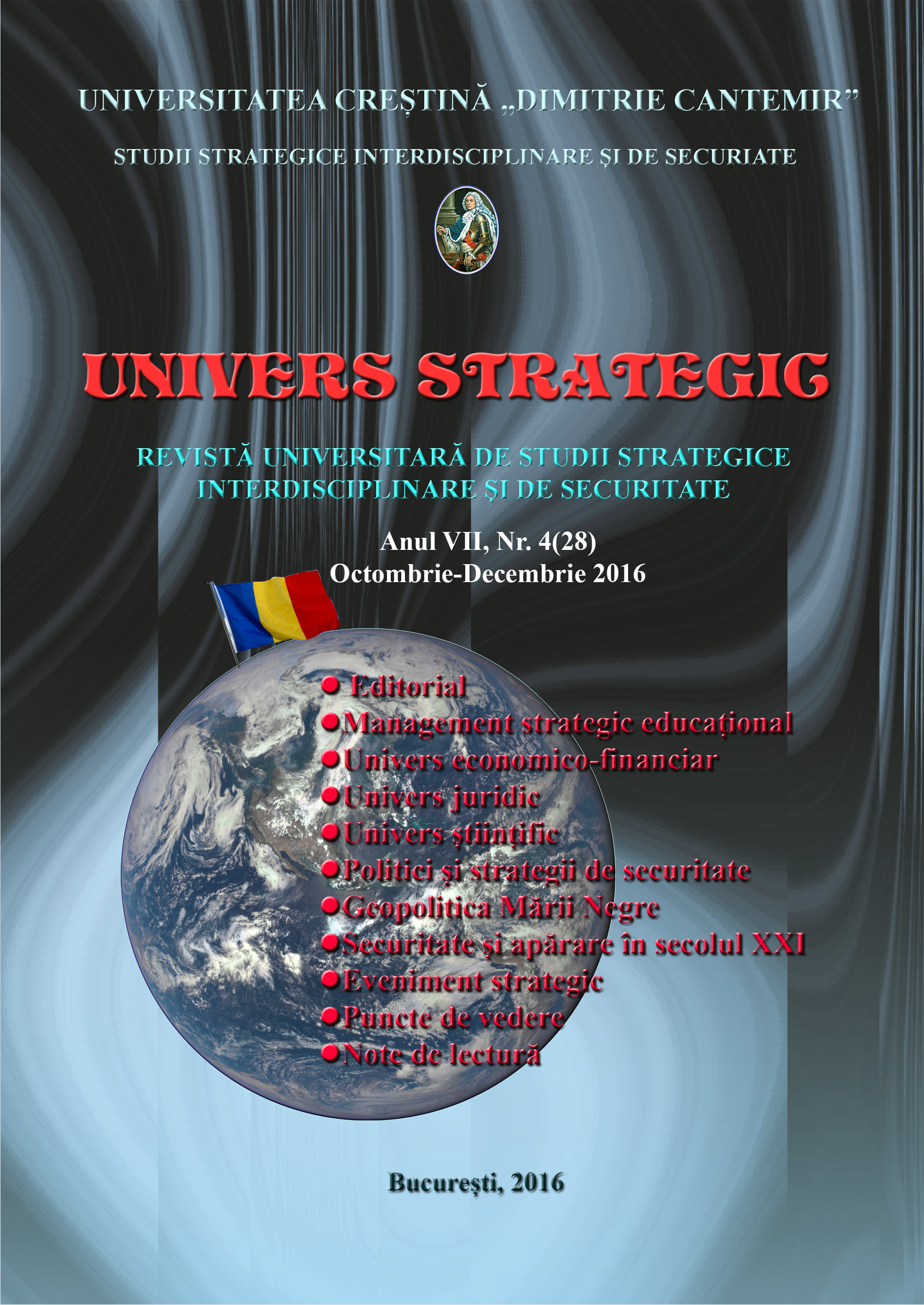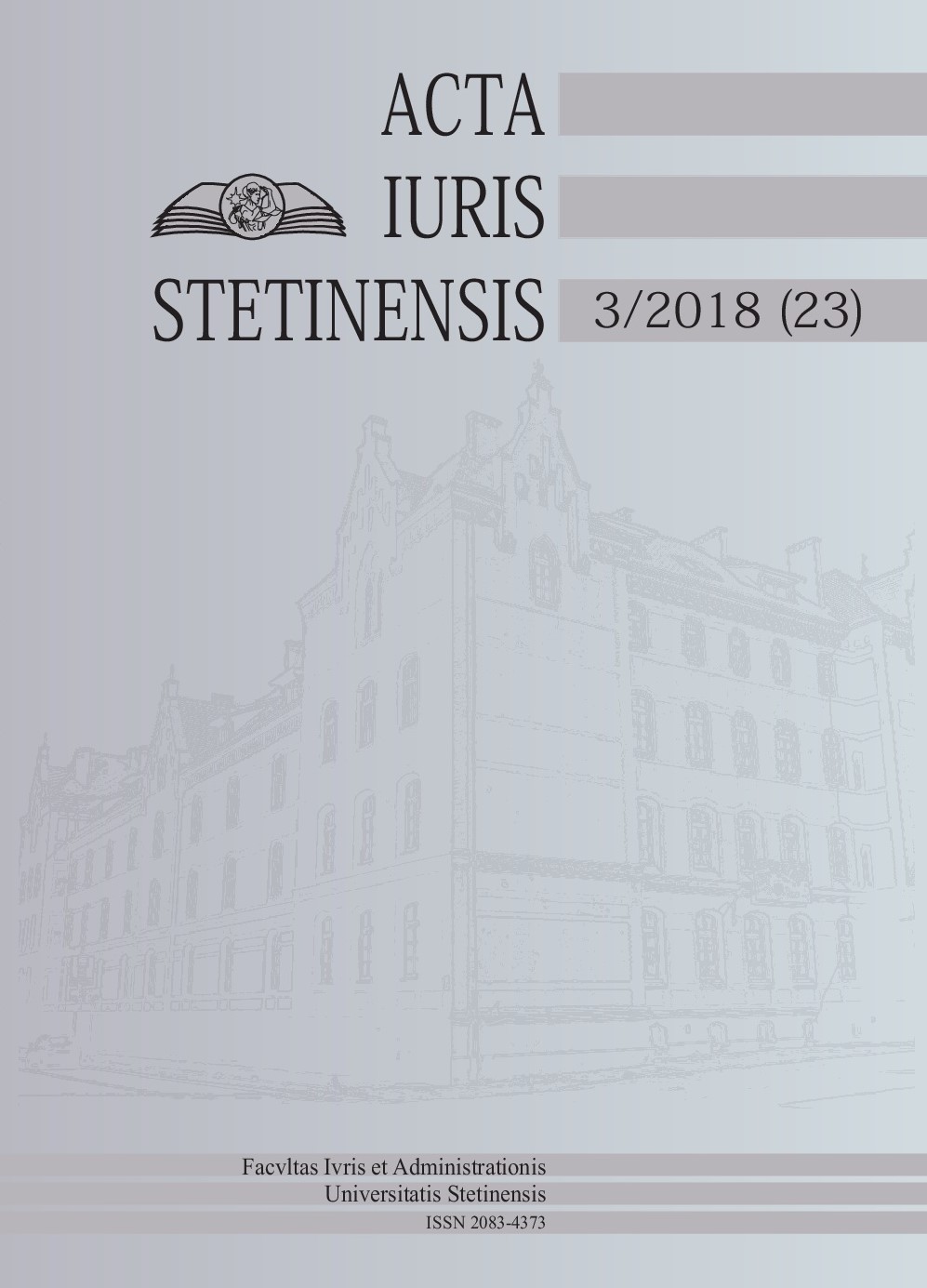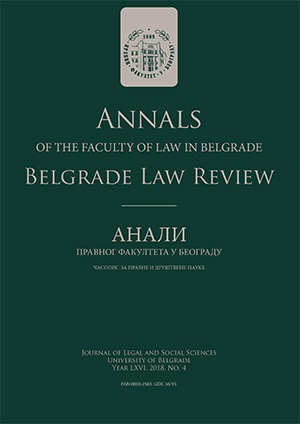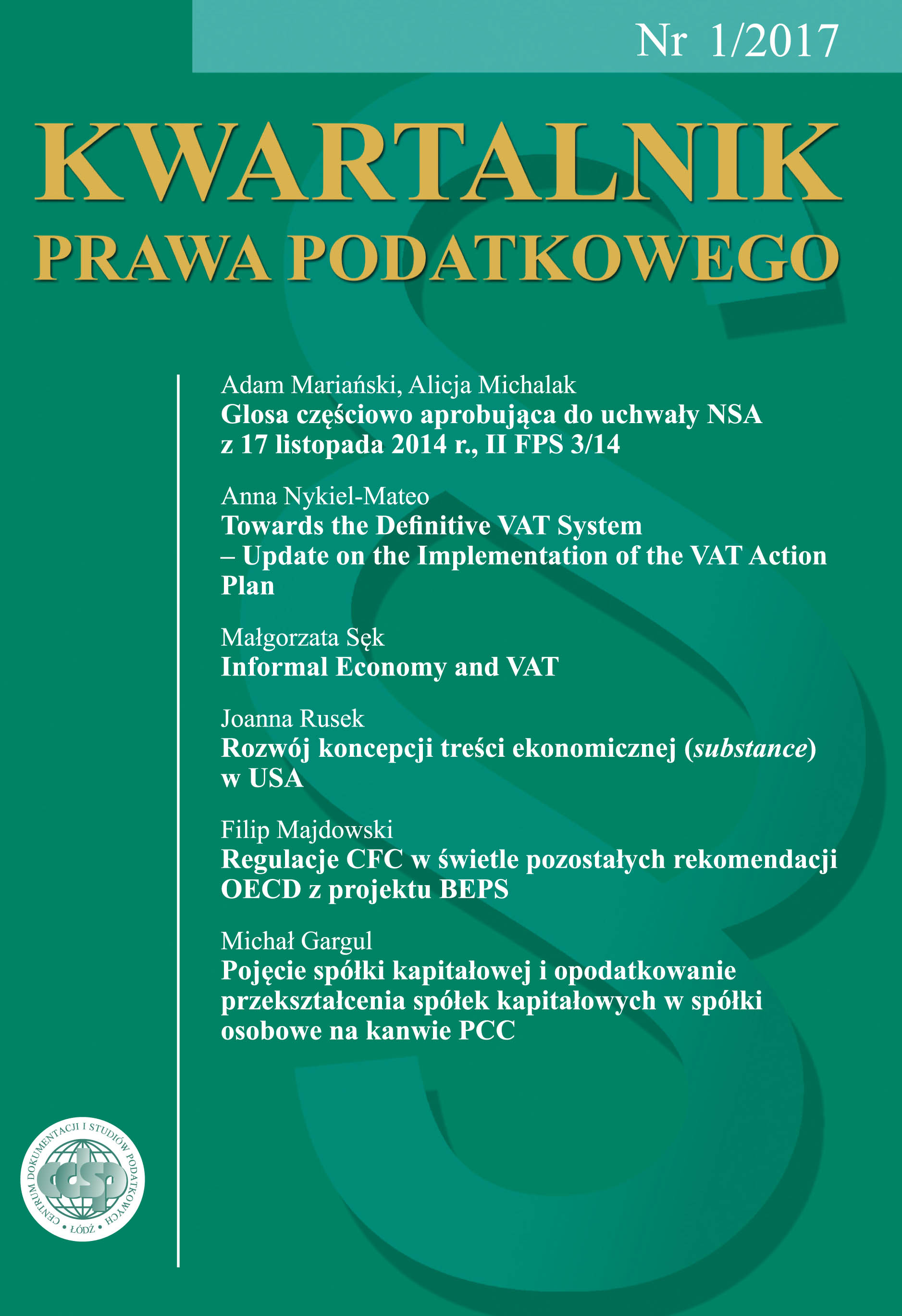
Проблеми функціонування інвестиційного ринку в Україні (досвід іноземних країн)
Problem setting. Defining an investment market as a developing system means that such a system should be an object to permanent monitoring. This assertion assumes exceptional importance in the context of providing adequate legal forms of market functioning.Recent research and publications analysis. An issue of analysis and research of problems regarding organizational and economic support of foreign investing and its certain aspects are thoroughly considered in scientific papers of D. V. Zadykhailo, V. K. Mamutov, V. M. Pashkov, O. P. Podtserkovnyi, V. A. Ustymenko, V. S. Shcherbyna, etc.Paper objective. The article objective is to analyze organizational and economic powers of foreign entities of public law regarding foreign investing and determination of forms of implementation of organizational and economic powers by Ukrainian state authorities.Paper main body. Escalation of international competition for involvement of investments, especially from the international investment market, gradually results in expansion of a list of functional working load of agencies for foreign investing. This expansion is realized due to foundation of agency representatives, especially in countries, where significant investment potential is concentrated. State authorities also apply an approach consisting in transferring certain functions to diplomatic representatives.Conclusions of the research. Some peculiar features are inherent to the investment area of Ukraine. They are as follows: ineffective investment and depreciation policy of the state; imperfectness of the legislative basis; unfavorable investment climate; legal instability, low efficiency of the economy, corruption, inadequate tax burden; undeveloped investment culture; undeveloped investment market infrastructure; absence of a program of effective cooperation with a strategic foreign investor.The main problems of investment market development in Ukraine contains: absence of a system of guaranteeing personal investment in investment funds; a considerable level of distrust of the financial system; undeveloped regional networks of a majority of asset management companies; considerable tax burden.Short Abstract for an article Abstract. The article researches experience of foreign investment involvement in countries of Central and East Europe and Ukraine. The author indicates that there are insignificant rates of direct investment involvement in Ukraine. The current amount of the direct investments meet neither demand of the domestic economy nor potential of foreign investors. The author proves that outcome principles of the state investment policy should be legal confirmation of the investment market as an object of the state investment policy.The article researches experience of foreign investment involvement in countries of Central and East Europe and Ukraine. The author indicates that there are insignificant rates of direct investment involvement in Ukraine. The current amount of the direct investments meet neither demand of the domestic economy nor potential of foreign investors. The author proves that outcome principles of the state investment policy should be legal confirmation of the investment market as an object of the state investment policy.
More...

